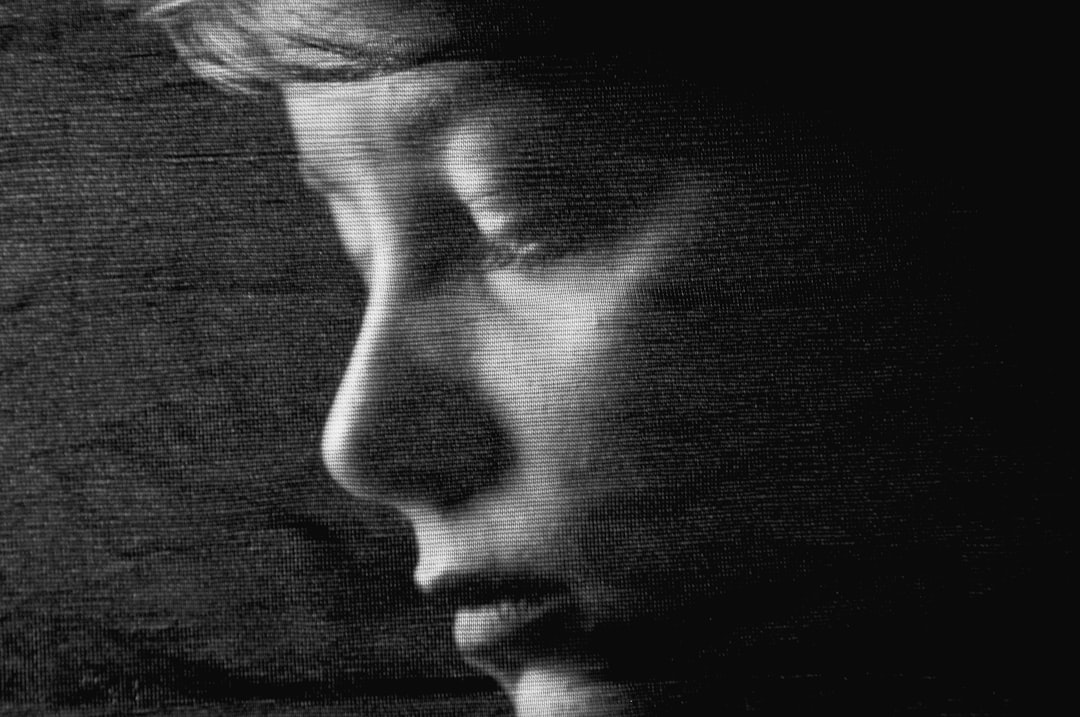A haunting melody plays as the camera pans over a dark, desolate house. The scene cuts to a mirror, cracked and covered in grime, reflecting the face of a young girl. This is how Aatma, the 2013 supernatural thriller, opens – immediately setting a somber, unsettling tone that permeates the entire film.
Buy Airtel Broadband with exciting benefits!
Directed by Suparn Verma, Aatma movie follows the story of Maya (played by Bipasha Basu) and her daughter Nia (Doyel Dhawan), who are haunted by the vengeful spirit of Maya’s abusive ex-husband Abhay (Nawazuddin Siddiqui). But beyond the chilling narrative, the Aatma movie is layered with symbolism that adds depth and complexity to its exploration of love, loss, and the afterlife.
Mirrors: Gateways Between Worlds
One of the most prominent symbols in Aatma film is the mirror. Throughout the film, mirrors serve as portals through which Abhay’s spirit enters the physical realm to torment Maya and Nia. This is a clever use of a common trope in horror cinema – the idea that mirrors are gateways between the living and the dead.
But the symbolism of the mirror goes deeper. In many cultures, mirrors are believed to reflect not just the physical self, but also the inner self, the soul. By having Abhay’s spirit appear in mirrors, the film suggests that his aatma, his soul, is still tied to the material world through his unresolved anger and obsession.
Moreover, the cracked and broken mirrors in the film represent the fractured psyche of the characters. Maya is haunted by the trauma of her past, while Nia is caught between the world of the living and the dead, her innocence shattered by the malevolent presence of her father.
The Doll: Innocence Corrupted
Another potent symbol in Aatma is Nia’s doll. The doll first appears as a cherished toy, a symbol of Nia’s childhood innocence. But as the film progresses, the doll becomes a conduit for Abhay’s spirit, a representation of how his evil has infiltrated and corrupted the purity of Nia’s world.
In one particularly disturbing scene, Nia’s doll is shown seated at the dining table, a grotesque parody of a family dinner. This visual metaphor suggests that Abhay’s presence has poisoned the very concept of family, turning what should be a source of comfort and security into something twisted and perverse.
The Staircase: Ascending and Descending
The staircase is a recurring motif in Aatma, often used to signify the transition between the physical and spiritual realms. Whenever Nia climbs the stairs, she encounters Abhay’s spirit, as if ascending to a higher plane of existence.
But the symbolism of the staircase is ambiguous. On one hand, it represents a path to enlightenment, a means of transcending the material world. On the other hand, it also suggests a descent into darkness, a journey into the depths of the human psyche where our deepest fears and traumas reside.
This duality is reflected in the character of Abhay himself. In life, he was a violent and abusive husband, a figure of terror and oppression. But in death, he becomes something even more sinister – a manifestation of the very idea of evil, a malevolent force that threatens to consume everything in its path.
The Final Confrontation: Love vs. Hate
The climax of Aatma takes place in a dilapidated church, a fitting setting for the ultimate battle between good and evil. As Maya confronts Abhay’s spirit, the film’s symbolism comes full circle.
The church, a sacred space meant to represent love and salvation, becomes a battlefield where the forces of light and darkness collide. Maya, armed only with the power of her love for Nia, must face down the embodiment of hate and destruction that Abhay has become.
In this final confrontation, Aatma delivers its ultimate message – that love is the only force strong enough to conquer death itself. Maya’s selfless act of sacrifice, born out of her unwavering devotion to her daughter, is what ultimately vanquishes Abhay’s spirit and frees Nia from his grasp.
Conclusion: The Enduring Power of Symbolism
Aatma is a film that works on multiple levels. On the surface, it’s a chilling supernatural thriller that keeps viewers on the edge of their seats. But beneath the scares and the suspense lies a rich tapestry of symbolism that elevates the film to something more profound.
Through its use of mirrors, dolls, staircases, and other visual motifs, Aatma explores the complex interplay between the physical and the spiritual, the innocent and the corrupt, the living and the dead. It’s a film that invites multiple viewings and interpretations, each one revealing new layers of meaning.
If you’re ready to watch ‘Aatma movie’ and experience the magic for yourself, there’s no better way than with Airtel Broadband. With speeds of up to 1 Gbps and unlimited data, you can stream the Aatma full movie in stunning HD without any interruptions or buffering.
So dim the lights, settle in, and let the haunting world of Aatma envelop you. You may just find yourself looking at your reflection in a whole new light.
FAQs
-
Is Aatma based on a true story?
No, Aatma is a work of fiction. However, it draws inspiration from real-life themes of domestic abuse and the enduring impact of trauma. -
What is the meaning of the title ‘Aatma’?
In Hindi, ‘Aatma’ means ‘soul’ or ‘spirit’. The title refers to the vengeful ghost of Abhay that haunts the protagonists. -
Is Aatma a horror movie?
Yes, Aatma is primarily a supernatural horror film, though it also incorporates elements of drama and psychological thriller. -
Who are the main actors in Aatma?
The lead roles are played by Bipasha Basu (Maya), Nawazuddin Siddiqui (Abhay), and Doyel Dhawan (Nia). -
Is Aatma available to stream online?
As of 2024, the aatma movie download is available on several popular streaming platforms in India. Check your preferred service for current availability.


 Get App
Get App  Airtel Store
Airtel Store  Login
Login 


